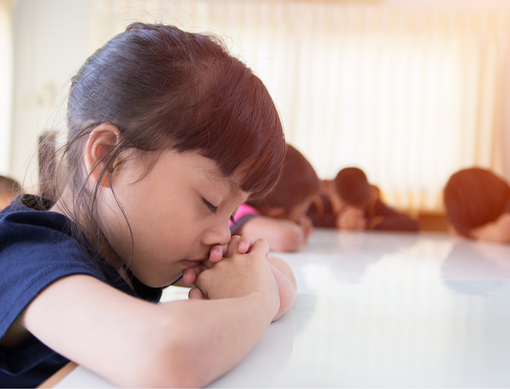Recently, I was asked to write an article about Dr. Lena Frances Edwards, a Black American Catholic, prominent physician, humanitarian and philanthropist who was awarded the Presidential Medal of Freedom for her service to the poor and marginalized.
 What I discovered was that among all her awards, including 14 honorary degrees, the one she most valued was the Poverello Award from Franciscan University, because it was a symbol of the poverty embraced by St. Francis of Assisi, a saint she treasured and a vow she embraced her entire life – to help those in poverty.
What I discovered was that among all her awards, including 14 honorary degrees, the one she most valued was the Poverello Award from Franciscan University, because it was a symbol of the poverty embraced by St. Francis of Assisi, a saint she treasured and a vow she embraced her entire life – to help those in poverty.
In the face of obstacles brought about by her race and gender, Dr. Edwards, who became a Third Order Franciscan, found strength and hope in the Catholic faith she loved. She was a daily communicant and inspired those who knew her or were touched by her in some way.
At the same time I was writing that story, another story came my way that would include comments from elementary and middle students who shared, in their own words, the challenges and blessings of of religious education. What struck me was how much the faith element impacted them and how willing they were to share it.
Comments included, “[It has] made me more comfortable talking to God about the good and bad things going on in my life.” “Religion was new to me … but learning about God is so appealing to me. Now I know God is always with me and I can talk to him.” “Now I have a strong relationship with God and I call on him often.”
They talked about being happy to know all the words to so many prayers, to feel like they belong to a family, to know they are loved because God made them. They said, in so many ways, that they were happy to be Catholic. I thought it was such a wonderful reflection of their teachers.
How can we help students love being Catholic?
See and share the good everywhere – Children undoubtedly hear some, if not much, of the negativity about the Catholic Church, which, for many is translated to negativity about the Catholic faith. Find and discuss the good of our Catholic faith and the good works of the Church, the values and virtues of Catholics, the work that Catholics have done since the beginning of our country – schools, hospitals, service to the poor and those in need, which continues today. Include the very important teaching that every person is loved by God. Our children should be strengthened by their faith, and develop an assurance in the value of who they are because they are children of God.</p>
Talk about saints and our journey together – Most people know someone of whom others say, “She’s a saint.” It is the special loving and sacrificial qualities of those people that earn them that title. When the Catholic faith becomes a true part of who we are, our students included, it’s likely someone may one day say the same of us. In studying the saints, both ancient and new, students learn about what it means to live their faith and understand what it means to belong to the Communion of Saints. It’s a journey we all take together.
Use sacramentals as visual reminders – Symbols are very meaningful for children, especially when they are tangible, like the sacramentals of the Catholic faith which reflect our relationship with Jesus. Integrating holy water, crucifixes, icons, medals, blessed salt, and rosary beads help give students a rich experience of Catholic belief and tradition. Outward signs and actions like making the sign of the cross or blessings are also sacramentals which remind children to rely on God and, also, that they are part of a family of Catholics who believe and do the same things.
Share your own reason for hope – One of the greatest gifts of the Catholic faith is hope. In one of his general audiences, Pope Francis spoke about the important role hope plays in the Christian life: "Hope (is) that humble virtue which flows under the water of life, but that bears us up so we don't drown in so many difficulties, so we do not lose that desire to find God, to find that wonderful face which we will all see one day: hope." At a time, and in a culture, that is warped by violence and fear, our children are in need of the hope that faith in God can provide. Begin a conversation by sharing your own reasons for hope.
 About the Author
About the AuthorMary Clifford Morrell, mother of six and grandmother to ten, is a Catholic journalist, editor, and author who has served the Dioceses of Metuchen and Trenton, New Jersey; Burlington, Vermont, and RENEW International in the areas of religious education and communication.
